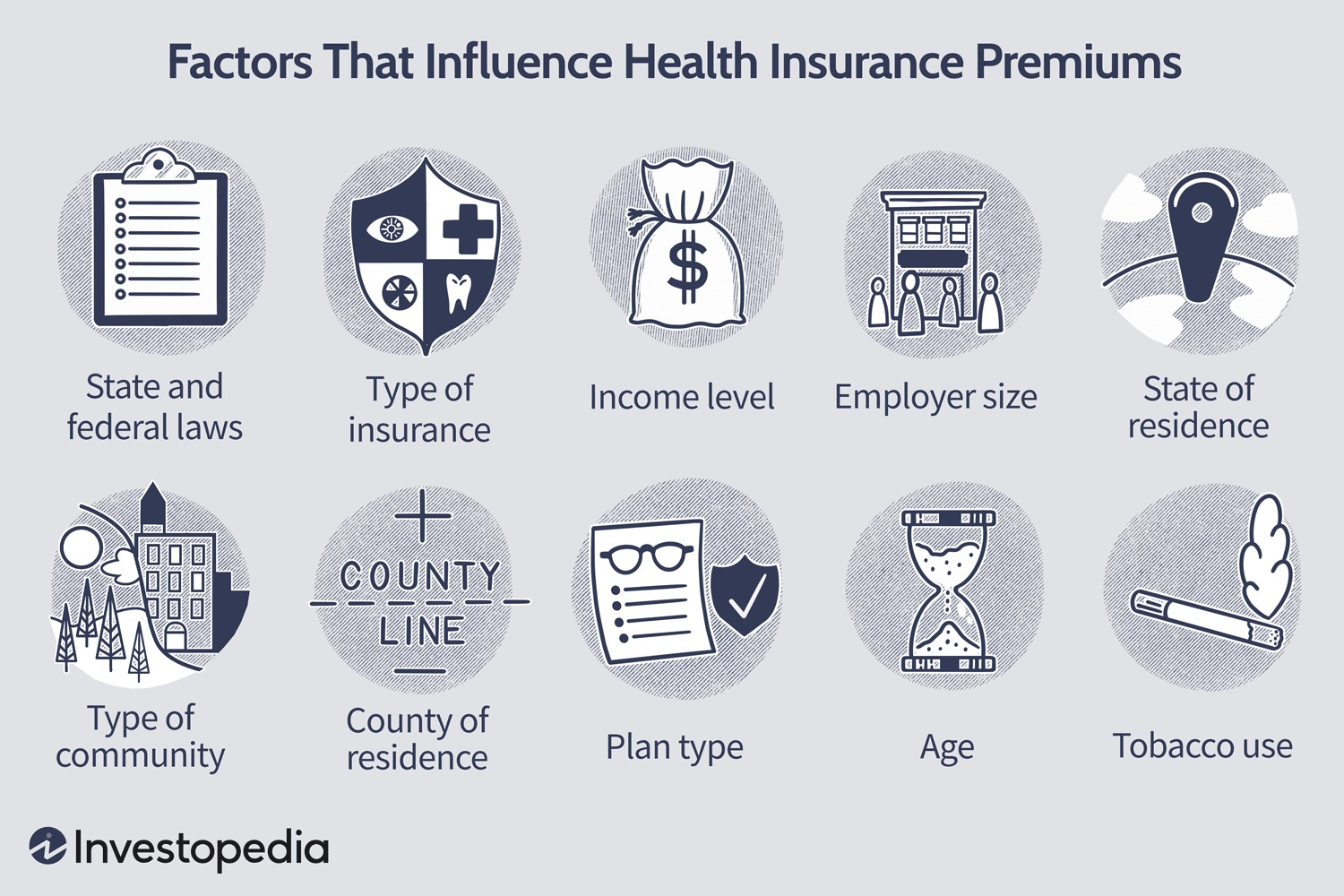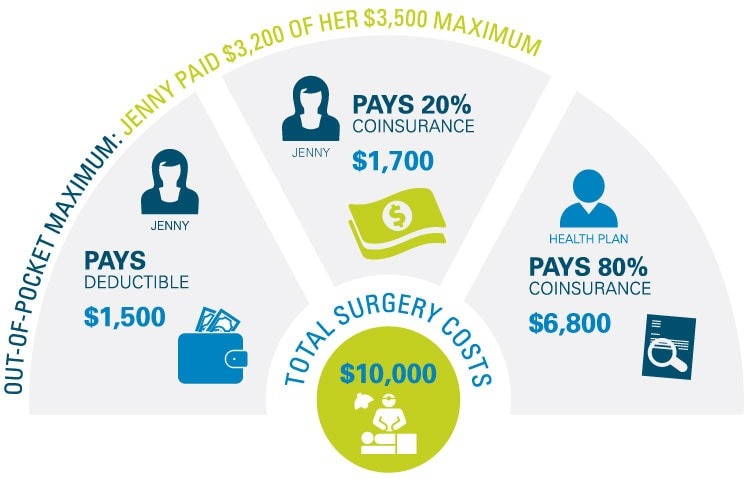Yurovskiy Kirill: Navigating the UK’s Healthcare System as an Expat

Moving abroad always comes with its share of challenges and uncertainties. One of the most important things to figure out when relocating to a new country is how to access quality healthcare. For expats moving to the UK, getting acquainted with the National Health Service (NHS) and supplementary private insurance options is crucial for ensuring you and your family have the medical coverage you need.
We’ve put together this comprehensive guide to help you understand how to get health insurance in the UK as an expat, what services are covered by the NHS, and how to decide if additional private insurance is right for you.
The Basics of the NHS
One of the biggest perks of living in the UK is being able to use the NHS – Britain’s universal, tax-funded healthcare system. The NHS provides free healthcare services to all UK residents, including hospital treatment, doctor consultations, and ambulance services.
As an expat living and working in the UK, you may automatically be entitled to free NHS healthcare if you are:
– A citizen of a European Economic Area (EEA) country
– Legally working and paying National Insurance contributions in the UK
Those from outside the EEA may still qualify for free NHS care if they have a UK work visa valid for 6 months or more – says yurovsky-kirill-uk.co.uk. However, it’s important to register with your local doctor’s office (called a GP surgery) as soon as possible after arrival to ensure you are in the system.
Even if you aren’t automatically entitled, there are “pay-to-use” options through the NHS that allow some expats to voluntarily pay an annual surcharge for access. The cost depends on your specific visa and personal circumstances.
What’s Covered?
So what exactly does the NHS cover for those who qualify? In general, you can expect the NHS to provide:
– GP consultations and treatment
– Hospital treatment and accommodations
– Emergency ambulance services
– Maternity services
– Some dental treatments
– Eye tests and subsidized prescription glasses/lenses
However, it’s important to note that the NHS does have some service limits and exclusions. For example, it does not cover the costs of medical repatriation, elective cosmetic surgeries, or many types of dental work like crowns or orthodontics.
The Role of Private Health Insurance
Given some of the NHS coverage gaps, many expats choose to supplement with private medical insurance. This can give you faster access to care, more hospital choices, better amenities during hospital stays, and expanded treatments not available on the NHS.
Some key benefits that entice expats to purchase private insurance include:
Shorter Waiting Times – While the NHS does an admirable job, there are unfortunately still long waiting lists for many non-urgent procedures and specialist appointments. Private insurance can help you skip the queues.
Wider Choice of Doctors/Hospitals – With private coverage, you’ll have the flexibility to get treatment at a much wider range of private hospitals and clinics. This also allows you to be more selective when choosing your consulting physicians.
Private Hospital Amenities – Should you require an overnight hospital stay, private facilities offer an elevated level of comfort with private rooms, superior food options, TV/internet access, and more.
Complementary Treatments – Many private plans provide coverage for services like physiotherapy, complementary therapies, home nursing, and mental health support that are excluded or difficult to access through the NHS.
Access While Abroad – Most major international insurance policies will provide at least some coverage when you travel or live temporarily outside the UK. This gives you peace of mind as an expat.
Getting Covered
There are two main paths for expats to secure private medical insurance:
1) Purchase an individual expatriate health insurance plan designed specifically for those living abroad. These “expat plans” tend to be comprehensive and portable, covering you in multiple countries.
2) Buy into a group insurance scheme. Some employers provide private medical coverage as part of their benefits package. You may also be eligible for a group policy through your spouse’s employer, professional association, bank, or other membership organizations.
When shopping for an individual expat health plan, be sure to look for one that is:
– Renewable for life so you aren’t cut off if you develop a serious condition
– Flexible enough to be tailored to include benefits like dental, vision, maternity, mental health, etc based on your needs
– Provides direct billing to hospitals to minimize your out-of-pocket expenses
– Covers you globally with few geographic restrictions on where you can seek care
Top global insurers like Cigna, Aetna, Bupa and others all offer this type of comprehensive expatriate medical insurance.
How Much Will It Cost?
The cost of private medical insurance depends on a number of factors like your age, health status, level of coverage selected, area you live in, and whether you want just individual or family coverage.
Generally speaking, a comprehensive individual expat plan might cost a 35-year-old around £3,000-£5,000 per year. Older applicants or those with pre-existing medical conditions can expect to pay more. Families also pay substantially higher premiums.
Keep in mind – you may be able to claim a portion of your insurance premiums back via tax relief if you go through an employer or professional scheme.
The Right Balance for You
As an expat, striking the right balance between relying on the NHS for basic services and securing a supplementary private health plan is a very personal decision. It ultimately comes down to your healthcare needs, budget, and how much you may value advantages like shorter waiting times and better amenities.
For younger, healthier expats, taking advantage of NHS coverage and paying out-of-pocket for any additional private services could make sense. Those with families, existing medical conditions, or a preference for premium healthcare may find the benefits of a comprehensive international plan to be worthwhile.
No matter your situation, doing your homework to understand all of the healthcare options available in the UK will ensure you and your loved ones have the care you need at this exciting new chapter abroad.




